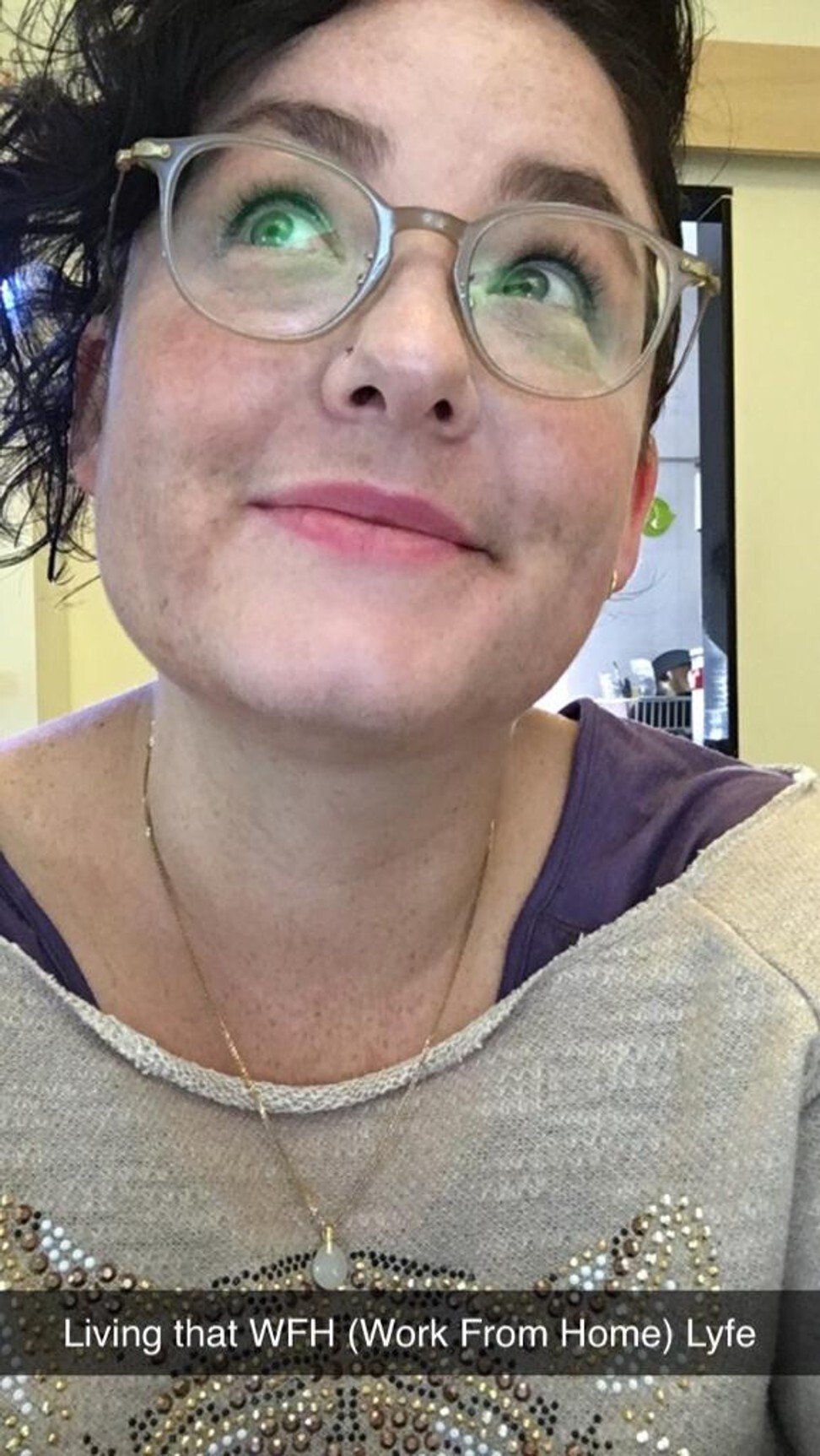
With Covid-19 insomnia now a thing, as a teacher attests, is a melatonin pill the answer to getting a good night’s sleep?
- Since remote learning began in February, teacher Miranda Wong has suffered from severe sleep loss that has heightened her stress and anxiety levels
- If your workday has been stretched, have a regular wake-up time and keep your workspace out of your bed space for better sleep, and consider using melatonin

As our routines are upended during the pandemic, and stress and worrying thoughts keep us awake at night, getting enough rest is a challenge for many during Covid-19.
Miranda Wong, a teacher based in Hong Kong, has experienced this more acutely than most. Pre-coronavirus, the American was usually in bed by 11pm, getting from six to eight hours of shut-eye nightly. The 37-year-old rarely felt sleep deprived.
As a weightlifter, she was a regular gym goer, which contributed to a good night’s sleep. “I had a rhythm. [Strength training] also helped rid me of my frustrations and anxieties,” Wong says. Since exercise lowered her stress, it helped hasten sleep.
All that changed in February, when students were sent home and remote learning became the norm, and gyms were either open or shut depending on the latest outbreak situation.

Wong had to juggle many new roles – the teacher was forced to become a videographer and information technology expert after her classroom shifted online. This was a steep learning curve for Wong, who had to quickly get to grips with everything from shooting and editing videos, to converting lesson plans into digital equivalents, and managing technical issues during online classes.
Sometimes her workday stretched to 12 hours. From February to May, for example, she generated 81 video lessons. “I was despondent last month, asking myself: ‘Why am I alive and working?’” she remarks.
As a mother of three children, family demands often pushed back her work schedule, which meant later bedtimes and just five hours of rest at times.
“With everything combined, my mood and morale are low,” she says. Last week, there were two nights she did not get any sleep.
With the city planning to resume in-person classes soon, she expects the return to “normalcy” will reduce her stress and workload, and that her sleep will improve. Wong hopes the government and schools will provide more support for teachers during this disruptive time, such as adding extra staff to help them master the technology needed for remote teaching.
“The main issue is stress due to the heavy workload,” she says. “We’re asked to ‘climb Mount Everest’ every day, and a lot of teachers feel like that.”
Covid-19-induced insomnia is “very serious”, according to Dr Joyce Lam Siu-ping, honorary secretary of the Hong Kong Society of Sleep Medicine and a psychiatrist in private practice, who says sufferers commonly complain their bedtimes are delayed and they struggle to fall asleep because their circadian rhythms have been disrupted.
If sleeping problems develop into chronic insomnia, the science is clear on the potential consequences, says Lam. Lack of sleep can dampen immune system function and trigger high blood pressure, among other ailments.
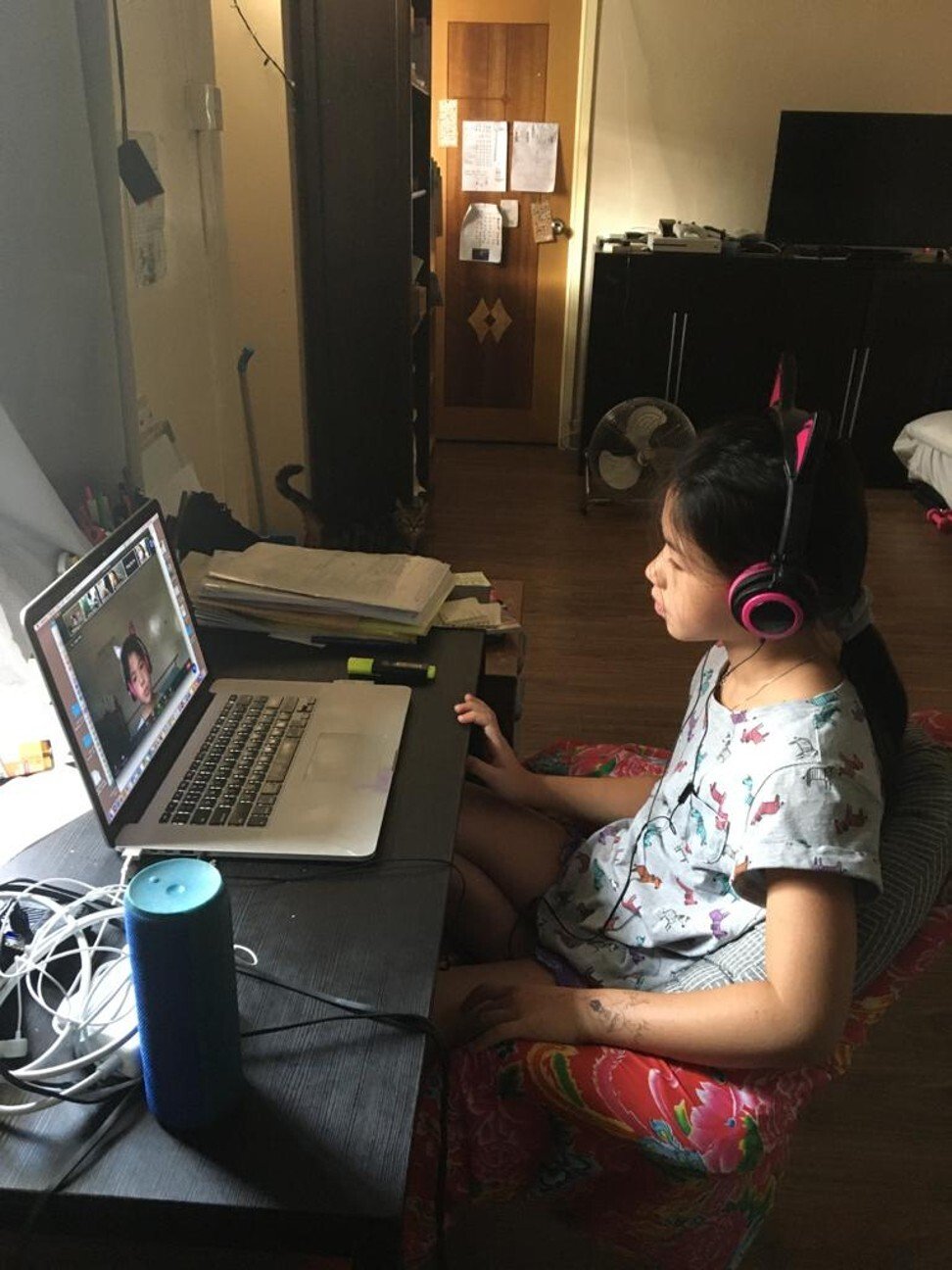
The mental health risks are numerous, too. Lam says: “In future, you may develop mood disorders such as depression and anxiety … these risks will double compared to good sleepers.”
Simple adjustments can help get your sleep back on track. Kate Bridle, founder and lead sleep specialist of Sleep HQ in Hong Kong, recommends maintaining a regular daily wake-up time, including at weekends, to set your body clock for the day and train your body to arise naturally at that time.
For those taking part in online meetings using apps like Zoom with people in different time zones, Bridle advises maintaining a regular wake-up time no matter how late your virtual meeting was.
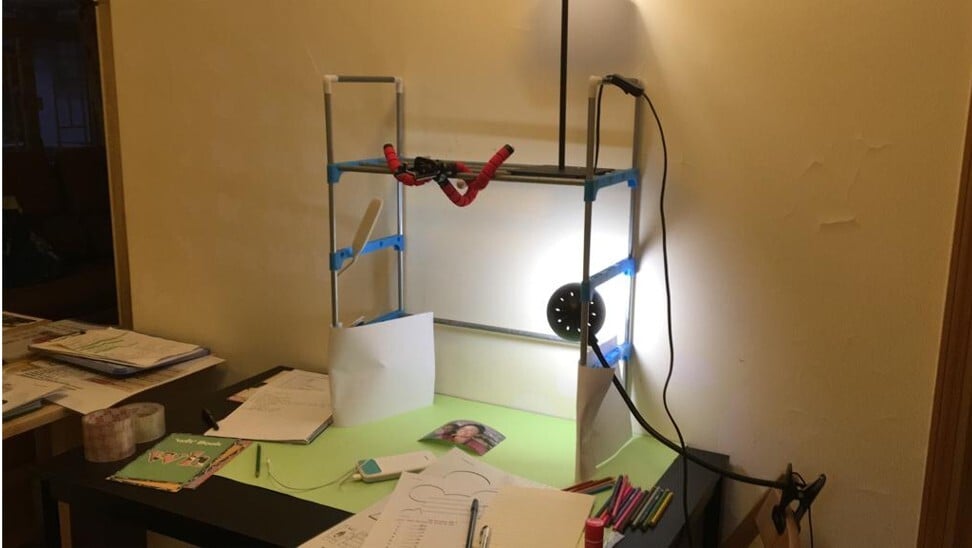
“A short power nap in the day can help you feel good, but make sure it’s less than 30 minutes and not within six hours of your bedtime,” she says, as hours-long naps can affect your sleep drive – a measure of a person‘s biological need for sleep – at night.
Keep your workspace out of the bed space. “If your brain starts making associations between the sleep space and the workspace, sleep quality suffers as our brain cannot switch off and relax,” explains Bridle. Banish technology such as phones from the bedroom.
Get as much sunlight as possible, especially in the morning, as it affects the body clock by signalling the brain when it is day or night – in other words, when to feel awake or sleepy. The senses, such sigh, respond to light, and that affects how much of the sleep hormone melatonin we produce later that day, Bridle says.
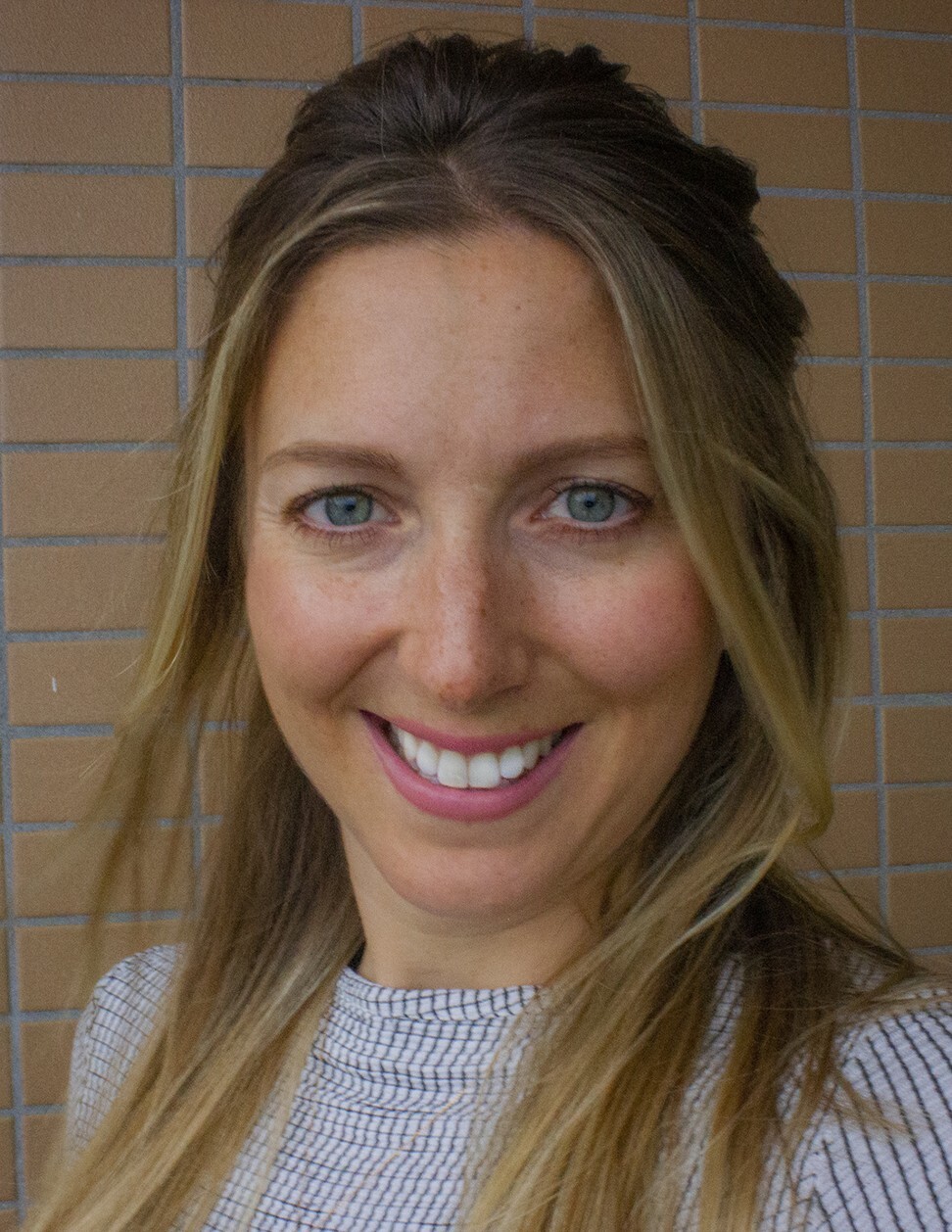
Those who are more sedentary now should try to incorporate more movement into their day, whether by walking or sprinting up and down stairs.
“Movement builds up a chemical in our brain called adenosine and we need to be physically tired to build up this chemical throughout the day to be tired enough to have deep sleep at night,” says Bridle, who does yoga stretches throughout her workday.
Lam adds that regular exercise is a great stress reliever. “A general way of promoting sleep during Covid-19 is to manage your stress,” she suggests.
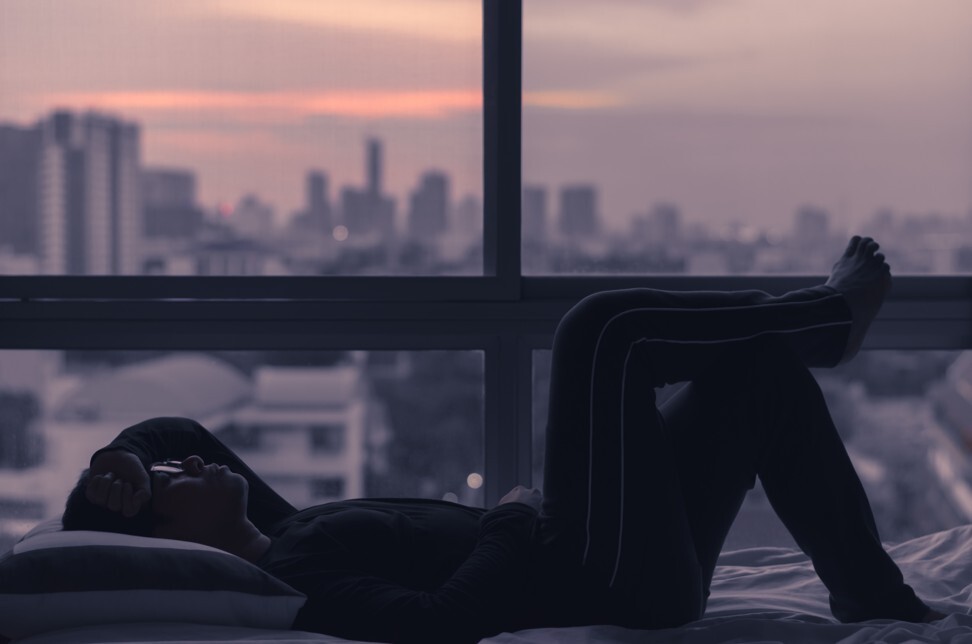
Those sleeping next to a snorer should ask that person to see a doctor, as snoring could be a symptom of sleep apnoea, a sleep disorder caused by an obstructed airway resulting in stops and starts in breathing.
“It not only disrupts the partner’s sleep but can impact the snorer’s health, as consequences can be hypertension and heart disease,” warns Lam.
Melatonin is a hormone primarily released by the pineal gland that regulates the sleep-wake cycle. Those struggling with temporary sleep problems during this pandemic can consider the occasional use of melatonin supplements. Lam advises that the supplement may have only a mild sedating effect, but “if you have a mild sleep problem, this may help”.
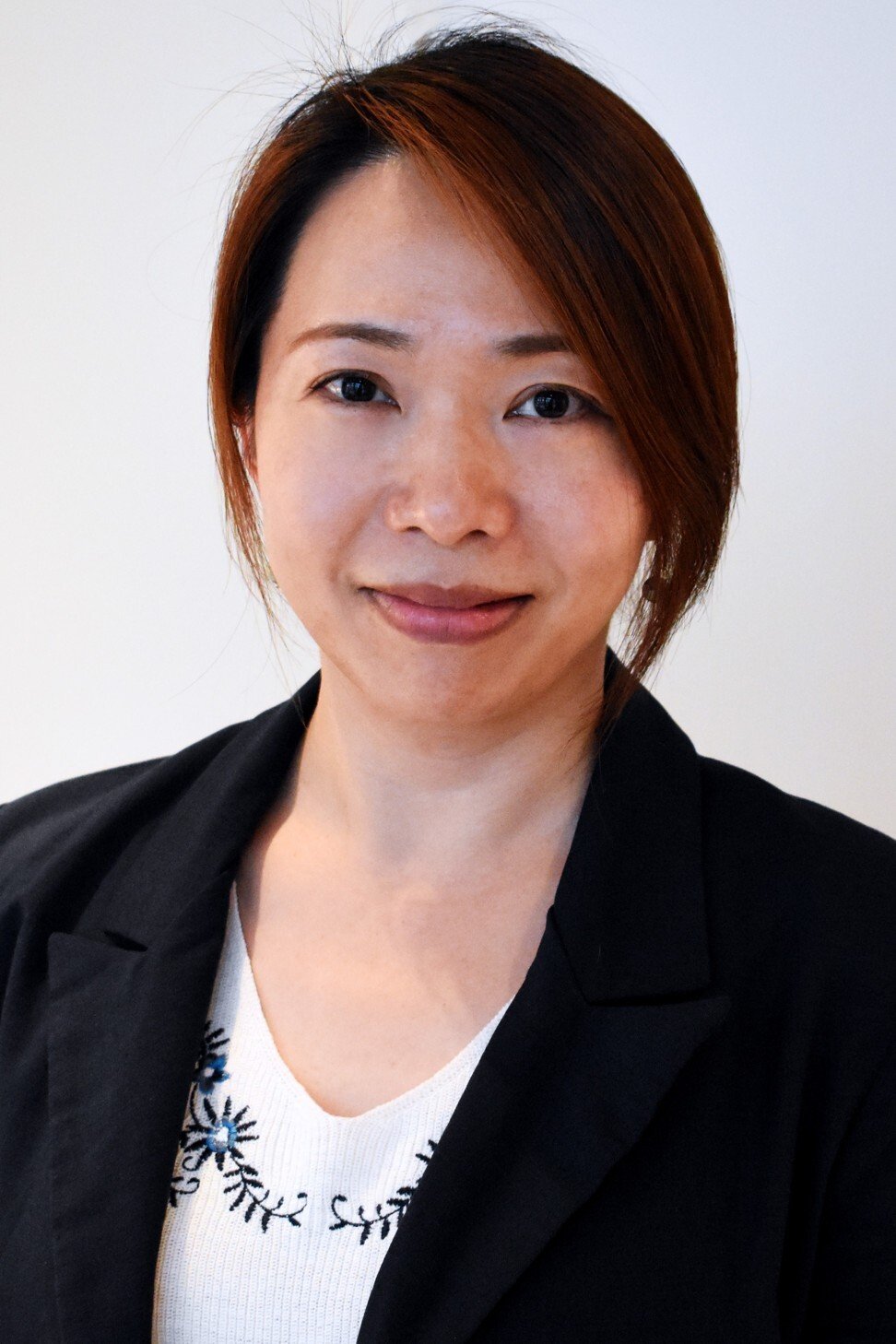
Melatonin pros and cons
Melatonin supplements are generally safe, according to the Mayo Clinic in Rochester, in the US state of Minnesota. Unlike with many sleep medications, with short-term use of melatonin you are unlikely to become dependent, have a diminished response after repeated use, or experience a hangover effect, it says.
The most common melatonin side effects include headache, dizziness, nausea and drowsiness. Less common effects may include temporary feelings of depression, tremors, mild anxiety, abdominal cramps, irritability, reduced alertness, confusion or disorientation, and low blood pressure.
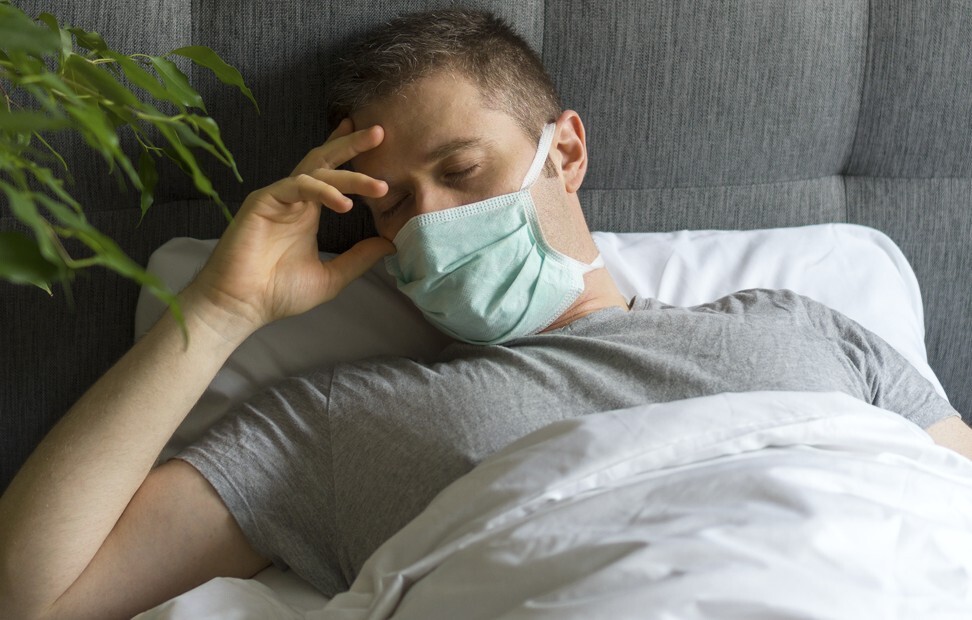
As melatonin can cause daytime drowsiness, the Mayo Clinic warns against driving or using machinery within five hours of taking it.
Melatonin supplements can interact with some other medications, including anticoagulants and anti-platelet drugs, anticonvulsants, birth-control drugs, diabetes medications and medications that suppress the immune system.
Pregnant women or those who are breastfeeding should consult their doctor before taking melatonin.